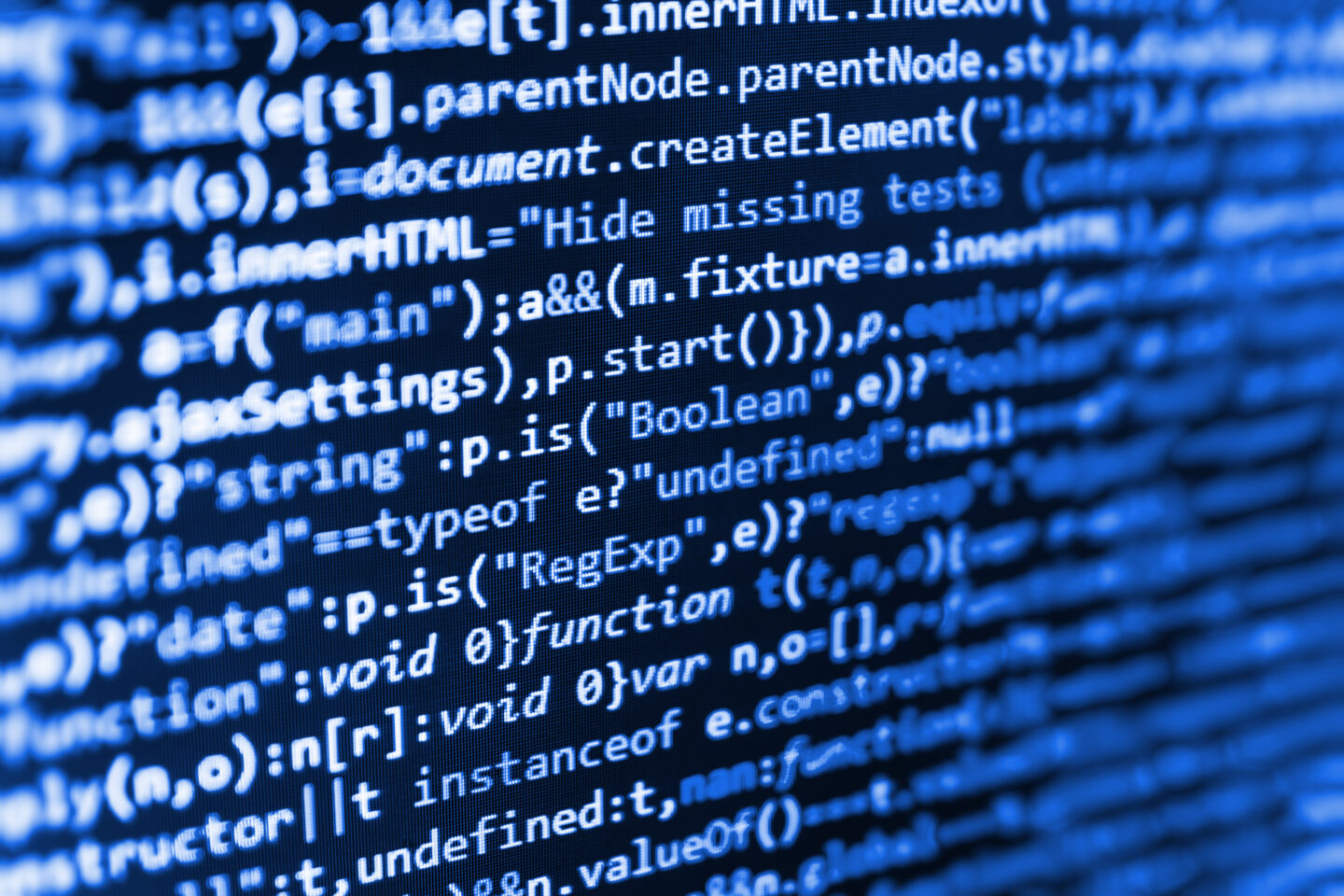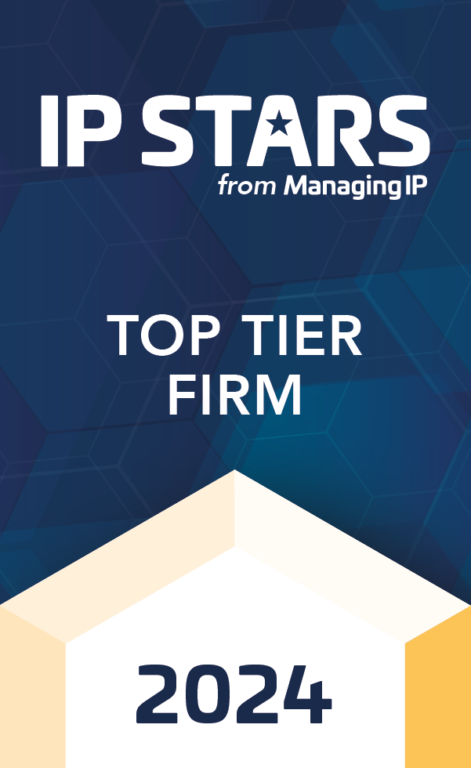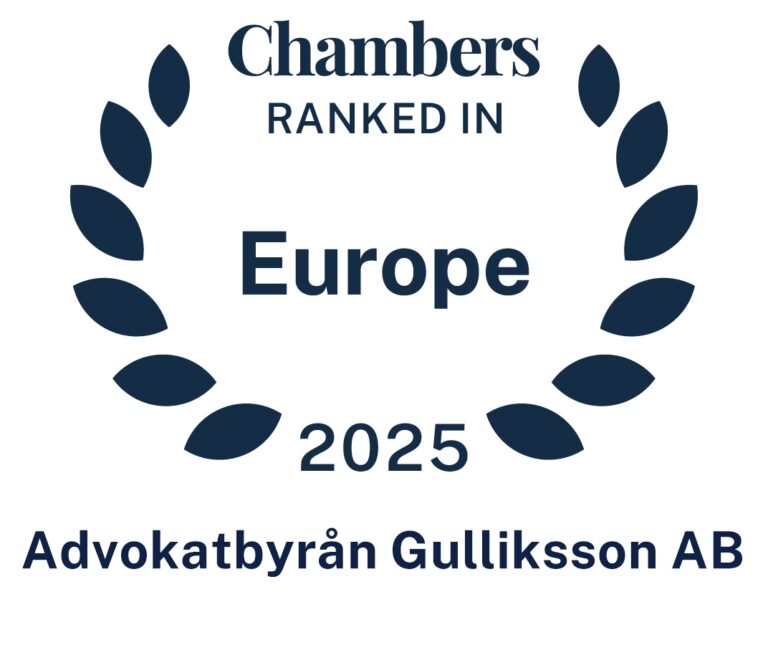Web scraping has long been a tool for gathering information from the internet, e.g. by means of APIs (Application Programming Interfaces, i.e. a set of rules and tools that allows different software applications to communicate with each other, enabling them to exchange data and functionality). Recruitment campaigns, trend identification, marketing campaigns, credit card and customer risk assessments are just a few examples of when web scraping can be used to improve databases and internal functions. However, with the rapid development of artificial intelligence, this tool has taken on a new dimension, bringing both opportunities and risks. For companies utilizing web scraping as part of their AI strategies, a critical question arises: How does web scraping align with GDPR?
As AI models are increasingly trained on vast amounts of data, often collected through web scraping, privacy concerns are more pressing than ever. GDPR requires that all personal data collection be conducted in a lawful, fair, and transparent manner. However, what happens when this data is automatically harvested from public websites without the knowledge of the individuals concerned, whose data are affected?
Several challenges emerge here. Firstly, those, who use web scraping for AI purposes, must ensure that data collection complies with GDPR principles. This means, inter alia, having a legal basis for processing (such as for example consent, contract or legitimate interest) informing the data subjects of their rights, and protecting the collected data from unauthorized access.
Secondly, web scraping as a legitimate method can be put into question from a data protection perspective. For example, is it possible to anonymize the collected data in a way that meets GDPR requirements? And, what happens if the scraped data is combined with other datasets, making it possible to identify individuals? It quickly turns into a slippery slope in terms of the legal prerequisites.
Given these potential issues, it is clear that companies must exercise caution when navigating the complex legislation surrounding data protection in the AI era. Web scraping can be a powerful tool to be used, but without careful GDPR compliance, it can also become a legal pitfall with dire consequences.
In an era of ever increasing AI use, it is more important than ever for companies to scrutinize their data collection methods and ensure that they are not only technically efficient but also legally sound. How your company handles these issues could be crucial to its success in an increasingly regulated digital world.
If you would like to take a closer look at these challenges and discuss how you can best protect yourself from potential risks, while also taking advantage of the opportunities that AI offers, please do not hesitate to contact me or my colleagues.






